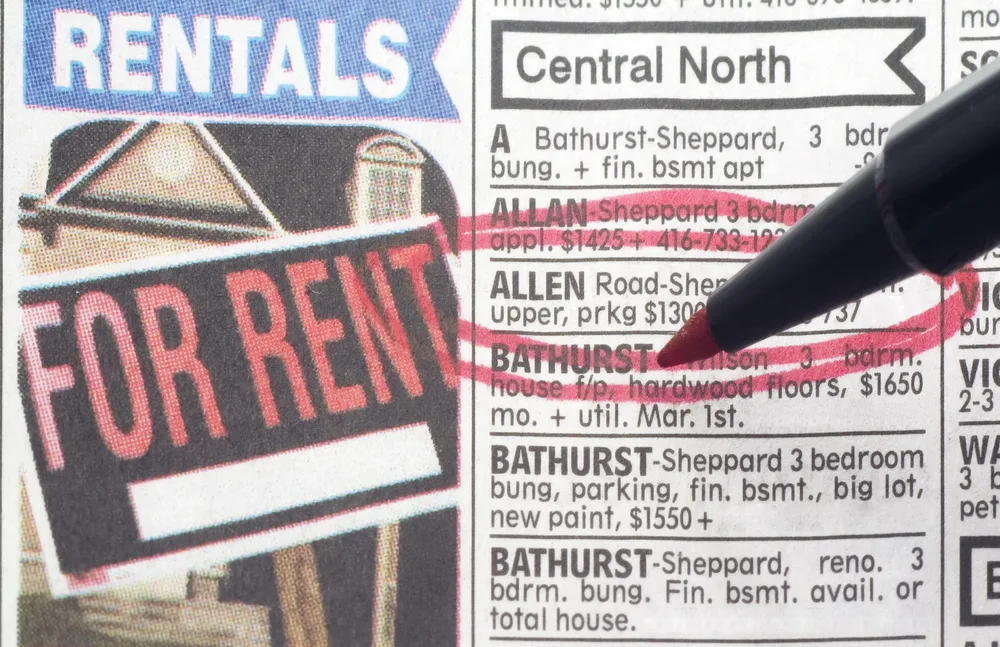
It doesn’t take much to trigger a chain reaction with your finances. A bill is due a day before payday. You swipe your debit card without realizing your account’s too low. A forgotten subscription auto-renews, and suddenly you’re hit with a $35 overdraft fee. Sound familiar? You’re not alone, and in some ways, the system is working as intended.
Late fees, overdrafts, and other penalties are built into financial systems in ways that often disproportionately affect people with tight budgets or unpredictable income. These charges might seem small at first, but they can quietly drain your account, increase your debt, or trap you in a cycle that’s hard to break.
The good news? Many of these fees can be prevented, or at least reduced, with some small changes and a better understanding of how they work. Here’s what you need to know.
Why These Fees Happen in the First Place
Late fees, overdrafts, and penalties aren’t just mistakes—they’re business models. Banks, lenders, and service providers often make billions of dollars a year from them. That means the systems in place don’t always make it easy to avoid them.
These are some of the most common fees and how they work:
- Late fees: Charged when a bill payment (like rent, credit cards, or utilities) is received after the due date.
- Overdraft fees: Charged when your bank account doesn’t have enough money to cover a purchase, but the bank lets the transaction go through anyway.
- NSF (Non-Sufficient Funds) fees: Charged when your payment is declined due to low funds. Some banks charge this even if they don’t process the payment.
- Minimum balance fees: Charged if your account dips below a required minimum.
- Penalty APRs: A high interest rate triggered after a missed payment on a credit card.
- Subscription renewals or bounce-back charges: These are often hit when the forgotten payments cycle is through.
If money is already tight, just one of these charges can set off a string of others. But once you understand how they’re triggered, you can put safeguards in place to avoid them.
Common Triggers to Watch Out For
Understanding how and when these traps occur is the first step in stopping them. Here are a few everyday scenarios that often lead to fees:
- Your paycheck hits a day after your rent is due
- Your bank processes payments in an unexpected order, causing an overdraft
- You rely on autopay, but your card expired or your balance was too low
- You forgot about a free trial that turned into a paid subscription
- You only made the minimum payment on your credit card, but still missed the due date
None of these situations reflect poor financial decisions—they reflect how hard it is to time things perfectly when your income and expenses are tight or unpredictable.
Strategies to Avoid Late Fees
- Set up payment reminders: If you can’t use autopay, create calendar alerts or phone notifications a few days before bills are due. Even a sticky note on the fridge can help.
- Ask for a different due date: Many companies let you change your bill’s due date to better align with your payday. You can often do this online or by calling customer service.
- Pay early if possible: Even if you can only make a partial payment ahead of time, it may help avoid a fee and show good faith. Some providers won’t charge a late fee if you’ve paid something before the due date.
- Know the grace period: Credit cards often have a grace period (typically 21–25 days) after the statement is issued. Use that time to pay before interest or fees kick in.
- Track due dates all in one place: Keeping a single list of all your monthly bills—on paper, a spreadsheet, or a budgeting app—can reduce the risk of something falling through the cracks.
Ways to Prevent Overdrafts
- Opt out of overdraft coverage: You can tell your bank not to allow transactions that exceed your balance. Instead of approving the purchase and charging a fee, the card will simply be declined.
- Link a backup account: Some banks let you connect a savings account or credit card as overdraft protection. Transfers may still cost a small fee, but it’s often much less than a full overdraft fee.
- Turn on low-balance alerts: Most banks and mobile apps let you set a threshold (e.g., $50), so you’ll get a text or notification before your account goes negative.
- Review account activity frequently: Even if you don’t check your account daily, try to do a quick scan once or twice a week. Unexpected holds, double charges, or pending payments can sneak up on you.
- Keep a cushion if you can: If possible, try to leave a small buffer—say, $10 to $20—in your account. It won’t solve everything, but it might prevent accidental overdrafts on small purchases.
Avoiding Other Sneaky Penalties
- Watch for free trials and subscriptions: Set a reminder to cancel before a trial ends. You can also use prepaid cards with limited funds when signing up, just in case you forget.
- Know your bank’s fee policies: Some banks charge more than others. Look for accounts that offer no overdraft fees, or that forgive one or two mistakes a year.
- Use only one or two payment methods: Spreading bills across multiple cards and accounts increases the chance of forgetting one. Keep things simple if possible.
- Track recurring expenses: It’s easy to forget a small streaming service or subscription you no longer use. Cancel what you don’t need—and make sure charges are expected before they go through.
- Ask your provider to waive a fee: If you’ve been hit with a late or overdraft fee, call and ask for a one-time waiver. Many companies are willing to remove the charge if it’s your first time or if you’ve been a good customer.
What to Do If You’re Already Being Charged
If you’ve already racked up a few fees, don’t panic. You may be able to reverse some of the damage and stop future ones. Try these steps:
- Contact your bank or service provider: Explain what happened. Be polite but direct. Say something like, “I just saw a late/overdraft fee on my account. Is there any way to waive it as a one-time courtesy?” You’d be surprised how often this works.
- Ask about hardship programs: Some companies offer special arrangements if you’ve experienced job loss, illness, or a financial crisis. These programs may let you pause payments or avoid late penalties.
- Review and adjust your payment setup: If autopay caused the issue, consider switching to manual payments with reminders. If a due date clashed with payday, request a change.
- Track how much the fees are costing you: Look back over the past few months and total what you’ve spent on fees. This can help you prioritize which ones to tackle first, and make you feel more in control.
Small Shifts Can Make a Big Difference
Late fees, overdrafts, and surprise penalties aren’t just frustrating—they can seriously chip away at your financial stability. And while they’re easy to stumble into, they’re also manageable once you know where they come from and how to prepare for them.
You don’t have to change everything at once. Start with one small habit: setting up a low-balance alert, asking to shift a due date, or double-checking your payment schedule. Each step adds a bit more breathing room—and a little less stress—when managing your money.
These systems aren’t always set up to work in your favor. But you can still outsmart them, one fee at a time.







